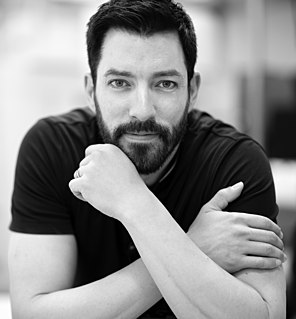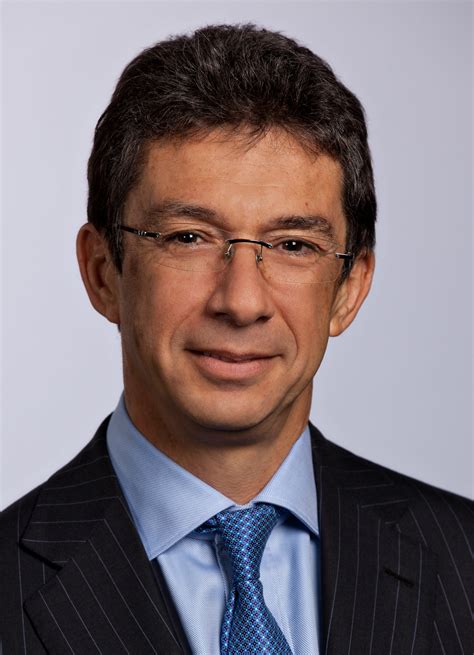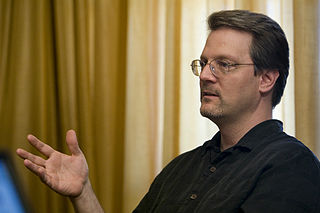A Quote by Scott D. Anthony
If you invest the time to understand the customer better than they know themselves, if you know the things they want or need even if they can't articulate it, you can begin to develop a good sense as to where there really are unmet needs in the market.
Related Quotes
You cannot just depend on the market, because the market will say: China needs oil; China needs coal; China needs whatever, and Africa has got all these things in abundance. And we go there and get them, and the more we develop the Chinese economy, the larger the manufacturing is, the more we need global markets - sell it to the Africans which indeed might very well destroy whatever infant industries are trying to develop on the continent. That is what the market would do.
If you understand cause and effect, it brings about a set of insights that leads you to a very different place. The knowledge will persuade you that the market isn't organized by customer category or by product category. If you understand the job that consumers need to complete, you can articulate all of the experiences in that job.
There's nobody who knows the left better than I know 'em. I know the left like I know every square inch of my gloriously naked body, not just the back of my hand. I know them. I know them better than they know themselves because they refuse to be honest about who they are really are and what they really believe, but I am.
The goal is that people will find something of themselves in it. But you don't need to know what a hexachord is! You don't need to know what serialism is. You don't need to know anything technical. It's more about the state of mind of being open and listening to what's really going on. And I think that the more open you can be, the better. So maybe it's not good to have expectations.
I know the American Library Association has models for working with the poor. They do have that, and I think that we really need to put our efforts - if we want to think long-range and invest in the community so that we don't have to, you know, invest in prisons - into making a change, because I know that the library can make a change in a life, because it made a change in mine.
The potential of a zero-risk is in every market, because eventually I think people will switch to these products as they become available. There are two unmet needs in smokers: something that is much better for my health and something that bothers others much less or doesn't bother them. These are things cigarettes can't resolve. These new products are developed to address these needs.
Winners know what makes people tick by effectively tapping into our fears and aspirations. By listening very carefully and then repeating almost word-for-word exactly what they've heard, winners know how to articulate compelling needs—and products to satisfy those needs—that people didn't even know they wanted.
Your business should be defined, not in terms of the product or service you offer, but in terms of what customer need your product or service fulfills. While products come and go, basic needs and customer groups stay around, i.e., the need for communication, the need for transportation, etc. What market need do you supply?
If you could distill this down to a single principle its that the best marketers in the world know MARKETS first and foremost, and secondly they're students of MARKETING. It's more important to know a MARKET than to know MARKETING, and I teach people MARKETING! And so, as far as this seminar is concerned, it's all about knowing a market, and it's so thorough that even if you don't have personal experience in that market you can still go into it and find out, what are the things that people will pay money for!
The outside-in discipline requires that you have an explicit customer-based reason for everything you do in the marketplace. Managers need to create what I call "customer pictures," verbal descriptions of customers that highlight the key customer characteristics and make those customers come alive. Although managers never know as much about customers as they want and need to know, the outside-in discipline requires that they construct customer pictures anyway, basing the pictures on whatever hard data they have plus hypotheses and intuition.
































